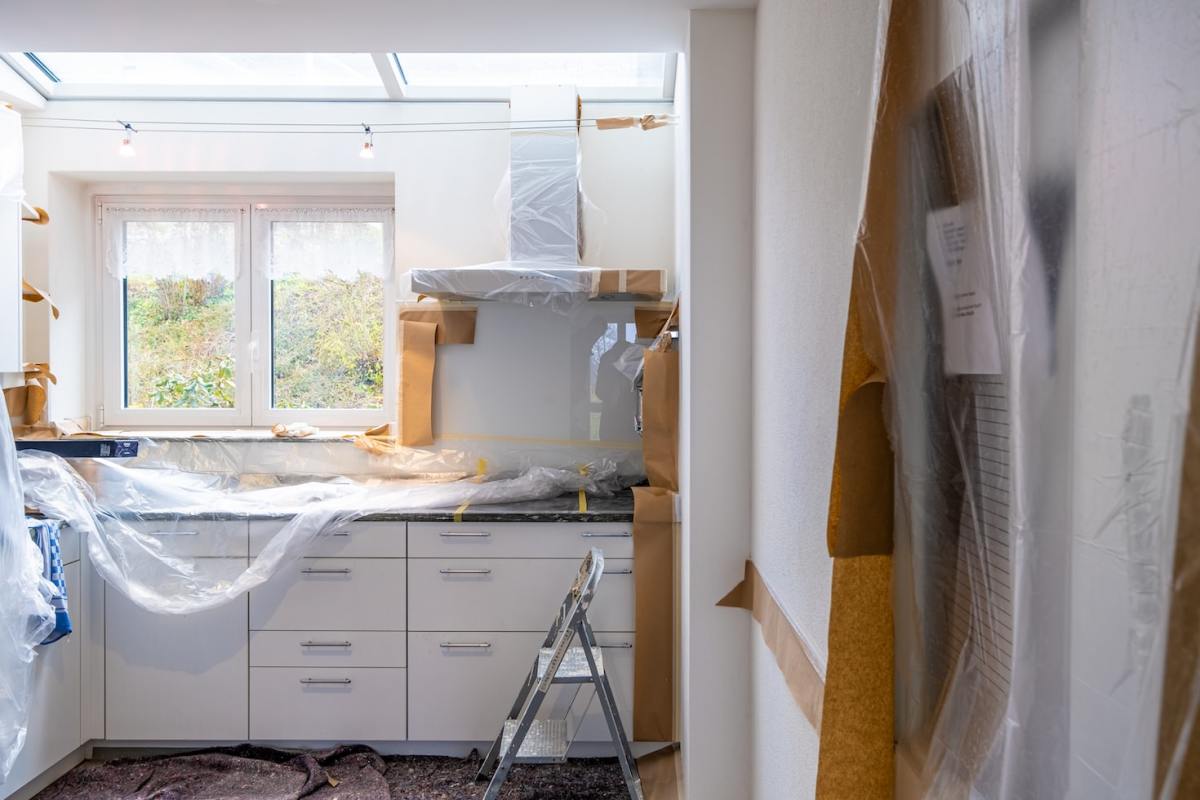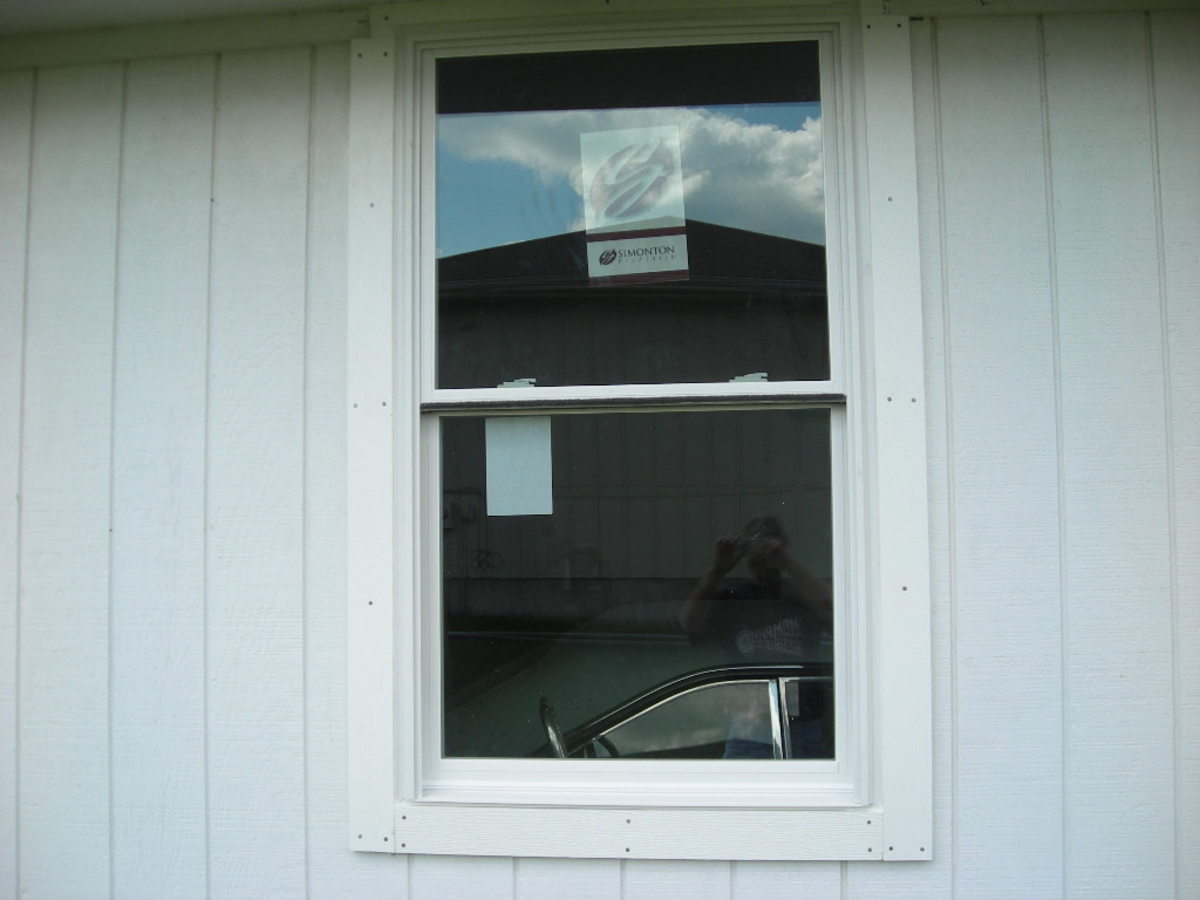Beware of Home Remodeling Scams

What are the Rip-Offs in Remodeling and Building Construction?
Luckily, most re-modelers are honest business people who will do home improvement work fairly and competently. But the industry traditionally has been plagued by a minority of people who rip you off. Therefore, you should shop wisely when making home improvements.
There are verified findings in a report of the Consumer Federation of America states that home-improvement abuse is the country's number 1 consumer fraud in terms of dollar amount. The cruel abuse, it said, are "home equity rip-offs" that can include all types of improvements, from siding and carpeting to burglar alarms. Normally, the service is overpriced and is sold with financing at a remarkably high interest rate. Burglar alarm systems costing less than $750 for example, have been sold for prices exceeding $5,000. These are often sold with a so-called lien sales contract that permits a contractor to foreclose on your house, usually without even going to court, when you don't pay the bill or you miss a payment. So be mindful when signing a contract that puts a lien against your house.
The consumer group also warned of the following abuses:
Basement waterproofing
The salesperson tells you that the only way your wet basement can be fixed is with a special soil-injection method or pressure pump process that may cost from $1,500 to over $4,000. If you don't do it now, you will be told, you could be in for disastrous structural damage to your whole house. Actually, most leakage problems can be resolved with less expensive methods, and both the soil-technique and pressure-pump methods provide dubious effectiveness, experts say.
Roofing rip-off
The most common problems are unnecessary roof replacements, unfinished work, down payments taken by contractors who don't do the work, second-rate workmanship, and contractors working without a license or a bond, the CFA said.
Other problems include:
Bait-and-switch tactics
The practice of hooking you with a low price and then switching you to a higher priced repair isn't restricted to swimming pools. For instance, you call for an ad for an aluminum siding bargain, and a salesman goes to your house. The salesman really sells you the bargain siding. On his way out, he pauses and nonchalantly announces, "By the way, I forgot to tell you that we'll put your name and address on the back of the siding free of charge." "Why would you want to do that?" you ask. "Because," he replies, "if the wind rises above 30 miles per hour, this stuff will blow off. Having your name on it, makes it easy for anyone who finds it to return it to you." You start to panic, since you have just signed a contract to buy this "stuff." "Not to worry," the salesman says. "I have a better grade of siding that won't blow away. Of course, it costs a little more." Eager to get out of your deal, you sign a contract for the better siding, which literally costs a lot more. It surely would cost you a lot more for less quality than if you bought from a reputable dealer.
The Model Home Scheme
In this strategy, the salesperson volunteers to sell you siding or some other improvement at a bargain rate if you would agree to permit your home to be used as a model for the company's work. Moreover, the price will be reduced even further for every customer who signs up for the same job after seeing your home. Ordinarily, there are no other customers, and the improvement would have cost you more than you would pay if you purchased elsewhere.
Downgrading
This is the usual practice of selling you a high-quality home improvement materials at a premium price but then replacing it with lower quality—and cheaper—items when the work is done. For instance, a kitchen range might look like the one you're paying for as part of a modernization plan, but it may very well be a cheaper unit.
Important Considerations Before Investing on Home Improvements







